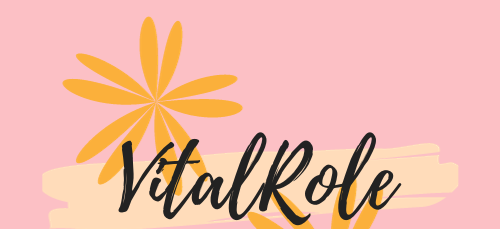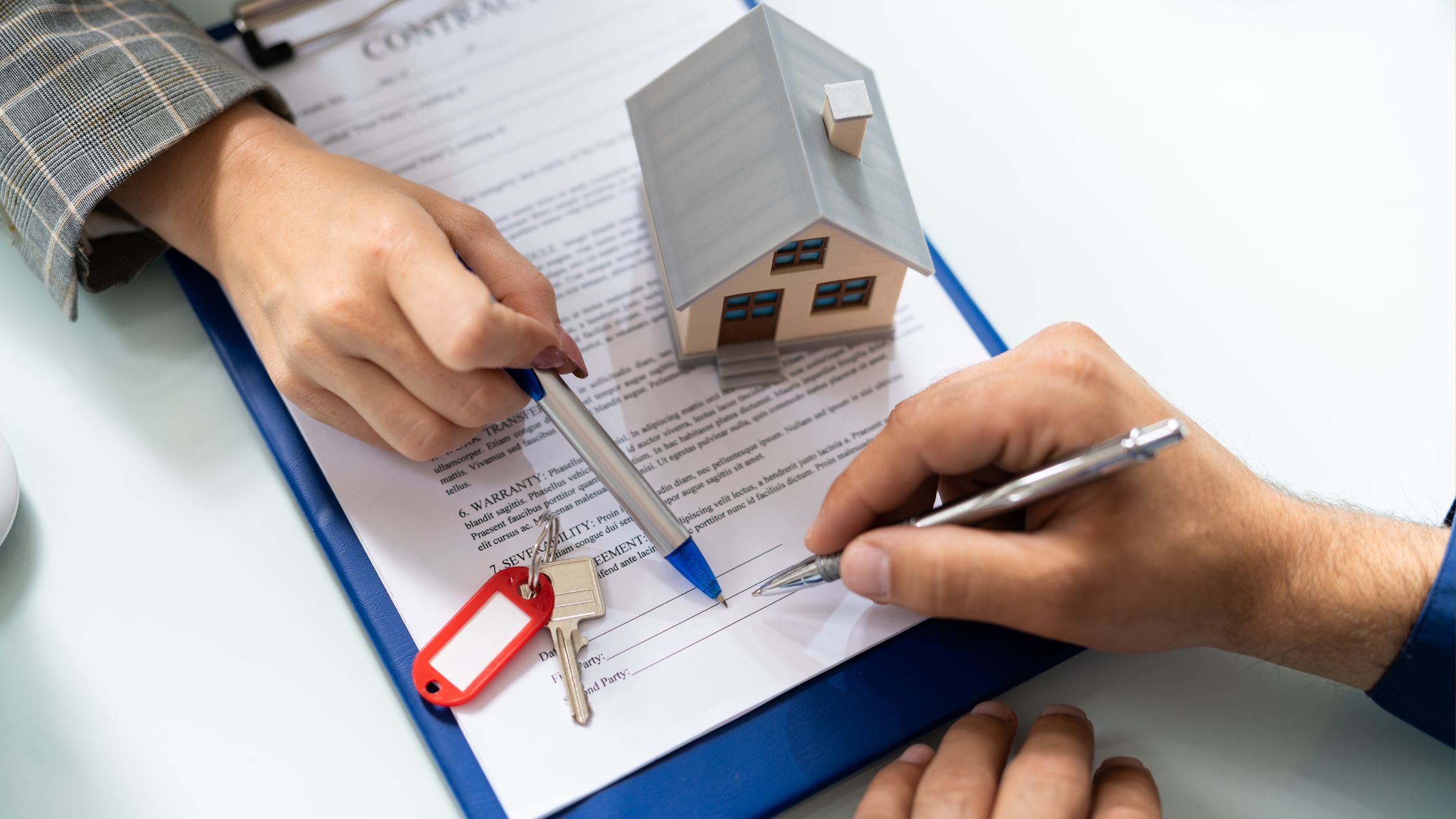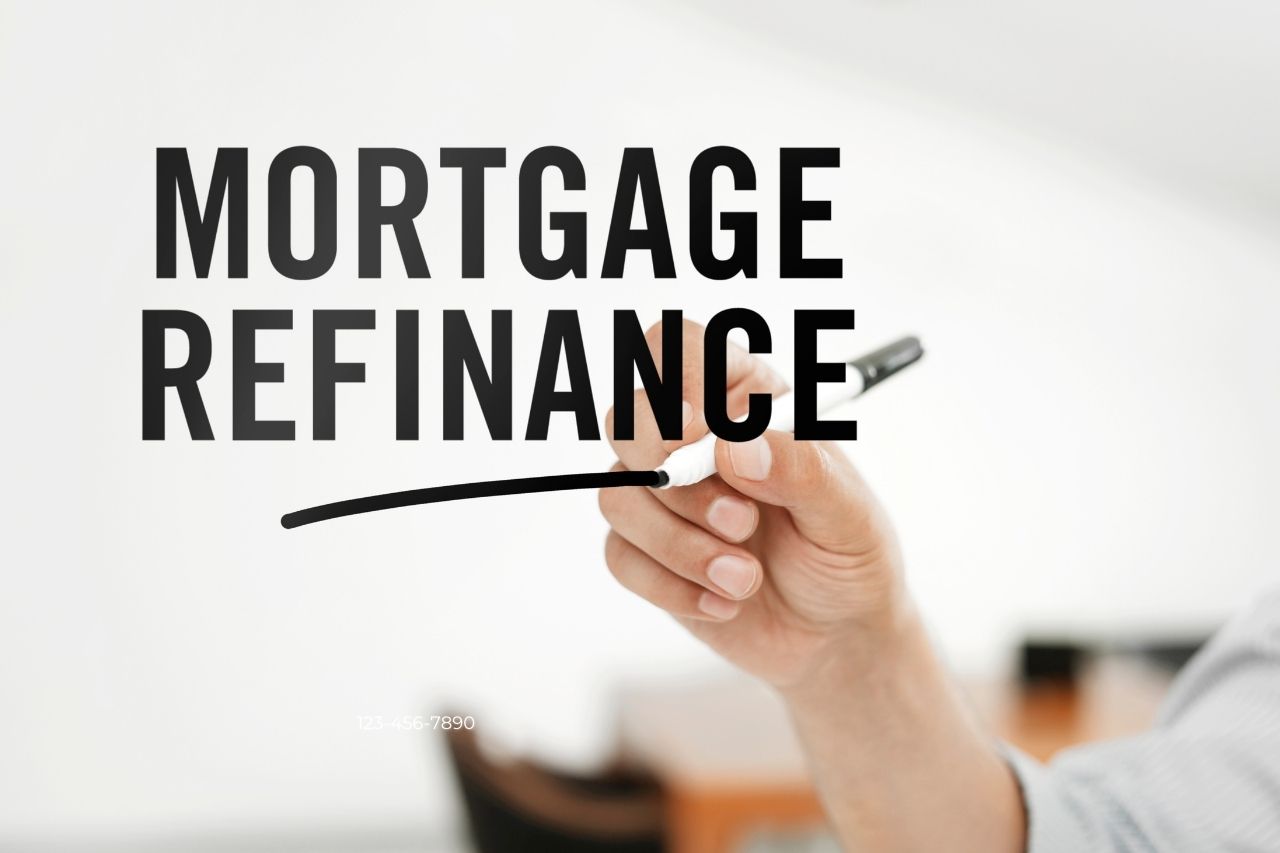When you have bad credit, finding a home loan can feel like a daunting task. However, it’s still possible to qualify for a mortgage with less-than-perfect credit. Many programs cater to borrowers with lower credit scores, offering them a chance to own a home. In this comprehensive guide, we’ll discuss the top 7 home loan programs for bad credit in 2024, helping you understand which option might be the best fit for your situation.
Understanding Bad Credit
Before diving into the top loan programs, it’s essential to understand what “bad credit” means. Credit scores range from 300 to 850, with scores below 580 generally considered poor. If your credit score falls in this range, you might face challenges securing a conventional loan. However, there are still mortgage options designed specifically for individuals with bad credit.
Let’s take a look at the best home loan programs available for people with bad credit in 2024.
1. FHA Loans
Overview: Federal Housing Administration (FHA) loans are among the most popular home loan programs for borrowers with bad credit. These loans are backed by the government, which makes lenders more willing to work with individuals with lower credit scores.
Key Benefits:
- Lower Credit Requirements: You can qualify with a credit score as low as 500 (with a 10% down payment) or as low as 580 with a 3.5% down payment.
- Low Down Payments: As little as 3.5% of the home’s purchase price is required, making it easier for those with limited savings.
- Flexible Qualification Requirements: FHA loans have lenient requirements regarding employment history and income.
Who It’s Best For: FHA loans are ideal for first-time homebuyers or those with bad credit who have a steady income and can afford a low down payment.
Downside: Borrowers are required to pay mortgage insurance premiums (MIP) for the life of the loan, which can make monthly payments more expensive.
2. VA Loans
Overview: The U.S. Department of Veterans Affairs (VA) offers VA loans to military service members, veterans, and eligible spouses. These loans have some of the most favorable terms available, even for those with bad credit.
Key Benefits:
- No Down Payment Required: You can finance 100% of the home’s value.
- No Private Mortgage Insurance (PMI): Unlike FHA loans, VA loans don’t require PMI, which saves you money.
- Competitive Interest Rates: The VA’s guarantee helps lenders offer lower interest rates.
Who It’s Best For: Active-duty military members, veterans, and their spouses with bad credit.
Downside: VA loans are only available to eligible veterans, active service members, and their spouses. Additionally, you may need to pay a funding fee, although this can be rolled into the loan.
3. USDA Loans
Overview: The U.S. Department of Agriculture (USDA) offers loans to encourage homeownership in rural areas. These loans are ideal for low- to moderate-income borrowers with bad credit.
Key Benefits:
- No Down Payment Required: USDA loans offer 100% financing.
- Low Interest Rates: USDA loans typically have lower interest rates compared to conventional loans.
- Flexible Credit Requirements: Although the minimum credit score is 640, applicants with lower scores may still qualify with compensating factors.
Who It’s Best For: Borrowers with bad credit who are looking to buy a home in a rural or suburban area.
Downside: The home must be located in a USDA-eligible rural area, and income limits apply.
4. Subprime Loans
Overview: Subprime loans are designed specifically for borrowers with poor credit scores. These loans come with higher interest rates and less favorable terms to offset the increased risk to lenders.
Key Benefits:
- Available for Low Credit Scores: Many lenders approve borrowers with scores as low as 500.
- Flexible Approval Process: Lenders may be more willing to overlook recent bankruptcies, foreclosures, or late payments.
Who It’s Best For: Individuals with poor credit who can’t qualify for government-backed loans.
Downside: Subprime loans come with higher interest rates and fees, which can result in higher monthly payments over time.
5. Rent-to-Own Programs
Overview: Rent-to-own programs offer a unique path to homeownership for those with bad credit. With this option, you rent a home for a set period, with the option to buy it later.
Key Benefits:
- Improving Credit: Renting gives you time to improve your credit score before securing a mortgage.
- Portion of Rent Goes Toward Purchase: A percentage of your rent may be applied to the future purchase price.
Who It’s Best For: Those who need time to build credit or save for a down payment while living in their desired home.
Downside: Rent-to-own agreements can be complex, and if you decide not to buy, you may lose the extra money you paid toward the purchase price.
6. Portfolio Loans
Overview: Portfolio loans are offered by banks and credit unions that do not sell loans on the secondary market. This allows them to set their own lending criteria, making them more flexible for individuals with bad credit.
Key Benefits:
- Flexible Approval Requirements: Lenders may consider your overall financial situation, not just your credit score.
- No Standardized Requirements: Lenders have the freedom to approve borrowers with unique financial situations.
Who It’s Best For: Self-employed individuals, those with inconsistent income, or those with low credit scores.
Downside: These loans often come with higher interest rates and less favorable terms than conventional loans.
7. HomeReady® and Home Possible® Loans
Overview: Fannie Mae’s HomeReady® and Freddie Mac’s Home Possible® are conventional loans designed for low- to moderate-income borrowers, including those with lower credit scores.
Key Benefits:
- Low Down Payments: As low as 3% down.
- Reduced Mortgage Insurance: Mortgage insurance can be canceled once you reach 20% equity.
- Flexible Income Sources: You can include income from non-borrower household members to qualify.
Who It’s Best For: Low- to moderate-income borrowers with credit scores of 620 or higher.
Downside: These loans may have stricter credit requirements than government-backed loans.
Also Read: How to Get the Best Mortgage Interest Rates Today
Tips for Improving Your Chances of Getting a Home Loan with Bad Credit
While the above programs can help you secure a home loan with bad credit, there are steps you can take to improve your chances of approval and get better terms:
- Check Your Credit Report: Review your credit report for errors and dispute any inaccuracies.
- Save for a Larger Down Payment: A larger down payment shows lenders you’re financially responsible, which may improve your chances of approval.
- Pay Down Existing Debt: Reducing your debt-to-income ratio can make you a more attractive borrower.
- Work on Improving Your Credit Score: Paying bills on time and reducing credit card balances can gradually improve your score.
Final Thoughts: Choosing the Right Home Loan Program for Bad Credit
Finding a home loan with bad credit is challenging, but not impossible. Each of these programs offers a unique opportunity to achieve homeownership, even if your credit score isn’t ideal. It’s essential to explore all your options, compare terms, and work on improving your credit as much as possible.
By understanding the pros and cons of each loan program and taking steps to boost your financial profile, you can find a mortgage that works for you. Remember, homeownership is a long-term investment, so take the time to choose the right path and make your dream of owning a home a reality.
Frequently Asked Questions
- Can I buy a house with a credit score below 500?
- While it’s difficult, it’s not impossible. Consider rent-to-own programs or work on improving your score before applying.
- Which loan is the easiest to get with bad credit?
- FHA loans are often the most accessible for borrowers with bad credit due to their lenient credit requirements.
- Do all lenders accept bad credit for home loans?
- Not all lenders work with bad credit borrowers, so it’s essential to research lenders who specialize in these types of loans.
By considering these options and staying informed, you’ll be one step closer to securing a home loan even with bad credit.




